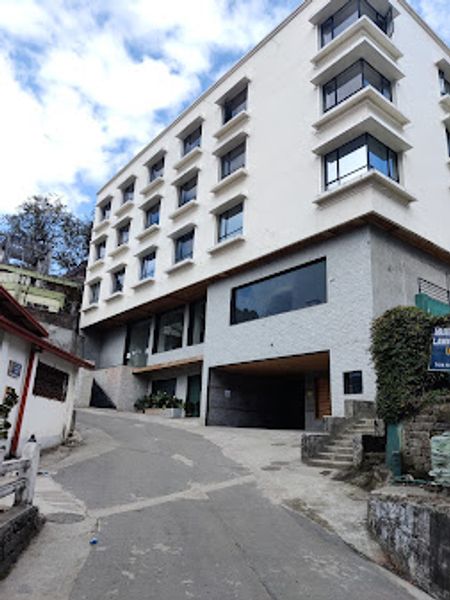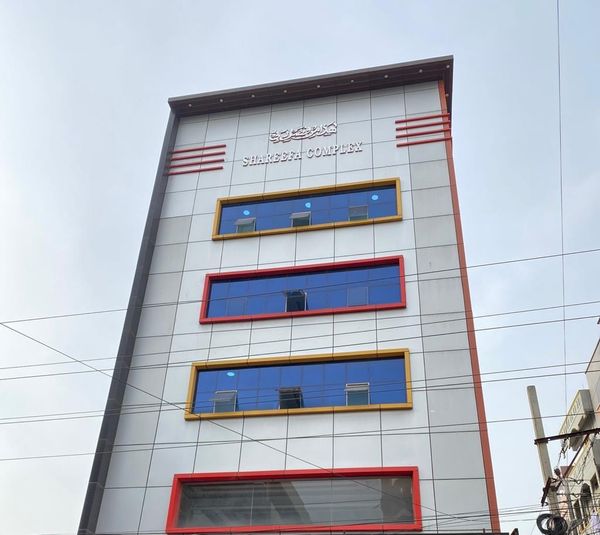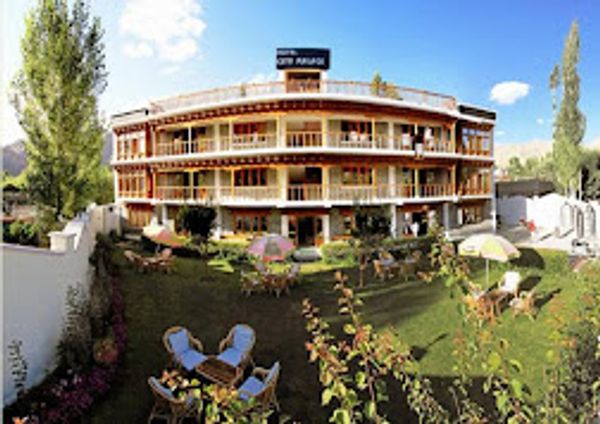Dark Tourism: The Wayanad Tragedy and Kerala Police Warning
 Srijan Garg
07 Aug, 2024
7 mins read
31
Srijan Garg
07 Aug, 2024
7 mins read
31
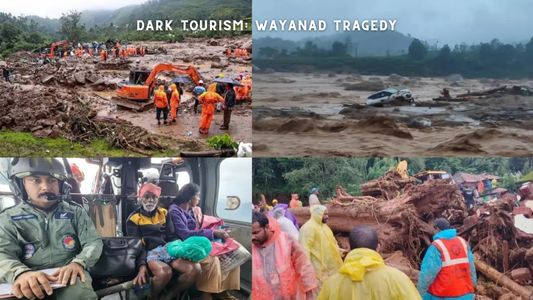
Dark tourism, also known as grief tourism, involves visiting locations associated with death, disaster, and suffering. This trend has been thrust into the spotlight recently following the tragic landslides in Wayanad, Kerala, where over 300 people have lost their lives and many more remain missing. As rescue operations continue, the Kerala Police have issued a stern warning against dark tourism, urging visitors to stay away from disaster areas to avoid hampering relief efforts.
What is Dark Tourism?
The term dark tourism was coined in 1996 by J. John Lennon and Malcolm Foley of Glasgow Caledonian University. It refers to the act of traveling to sites associated with death, disaster, and tragedy. These destinations often include places of historical atrocities, natural disasters, genocides, and infamous deaths. Examples of dark tourism sites include:
- Auschwitz Concentration Camp in Poland, a stark reminder of the horrors of the Holocaust.
- Chernobyl Exclusion Zone in Ukraine, the site of the catastrophic 1986 nuclear disaster.
- Ground Zero in New York City, where the World Trade Center towers once stood before the 9/11 terrorist attacks.
While some view dark tourism as morbid and disrespectful, others argue that it serves an educational purpose, offering visitors a chance to engage with history and reflect on the human aspects of these tragedies.
Wayanad Tragedy and Police Warning
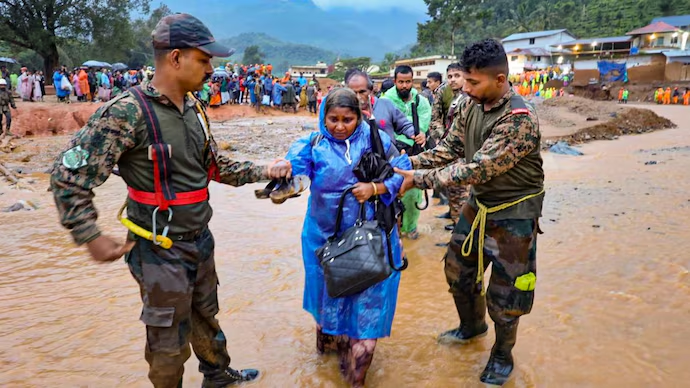
The recent landslides in Wayanad, Kerala, have highlighted the issues surrounding dark tourism. The Kerala Police posted a warning on social media, stating, "Please don't go to disaster areas for sightseeing. It will affect rescue operations." This plea comes amid ongoing rescue efforts where the presence of tourists could hinder the work of emergency services.
The police's concern is valid, as the influx of tourists to disaster-stricken areas can obstruct access for rescue teams, cause additional stress for survivors, and even pose safety risks for the visitors themselves.
The Educational Aspect of Dark Tourism
Despite its controversial nature, dark tourism can have positive aspects. Visiting these sites can serve as a powerful educational tool, providing insight into historical events and fostering empathy. For example:
- Holocaust Memorials: Visiting concentration camps like Auschwitz can offer profound lessons on the horrors of genocide and the importance of tolerance.
- Disaster Sites: Learning about natural disasters firsthand can highlight the importance of disaster preparedness and climate change awareness.
Dark tourism can make tragic events more tangible, providing a humanizing experience that books or documentaries may not fully convey.
Balancing Respect and Curiosity
For those interested in dark tourism, it's crucial to approach these sites with respect and sensitivity. Here are some guidelines to follow:
1. Respect Local Authorities: Always adhere to warnings and guidelines issued by local authorities, especially in disaster areas.
2. Be Mindful of Survivors: Remember that these sites are often places of mourning for survivors and their families. Show respect and avoid intrusive behavior.
3. Educate Yourself: Before visiting, educate yourself about the history and significance of the site. Understanding the context can enhance the educational value of your visit.
4. Support Local Communities: Consider ways to support local communities, such as donating to recovery efforts or supporting local businesses.
Wrapping Up Words
The Wayanad tragedy serves as a stark reminder of the delicate balance between curiosity and respect. While dark tourism can offer valuable insights into human history, it’s crucial to approach it with sensitivity and awareness. In times of disaster, the focus should be on aiding rescue operations and supporting survivors, not on satisfying morbid curiosity.
Let's remember to tread lightly and prioritize humanity over tourism. If you’re considering visiting a site of the recent tragedy, think twice about the potential impact and choose to support it from afar.
Written By:
Srijan Garg



Hotels at your convenience
Now choose your stay according to your preference. From finding a place for your dream destination or a mere weekend getaway to business accommodations or brief stay, we have got you covered. Explore hotels as per your mood.
